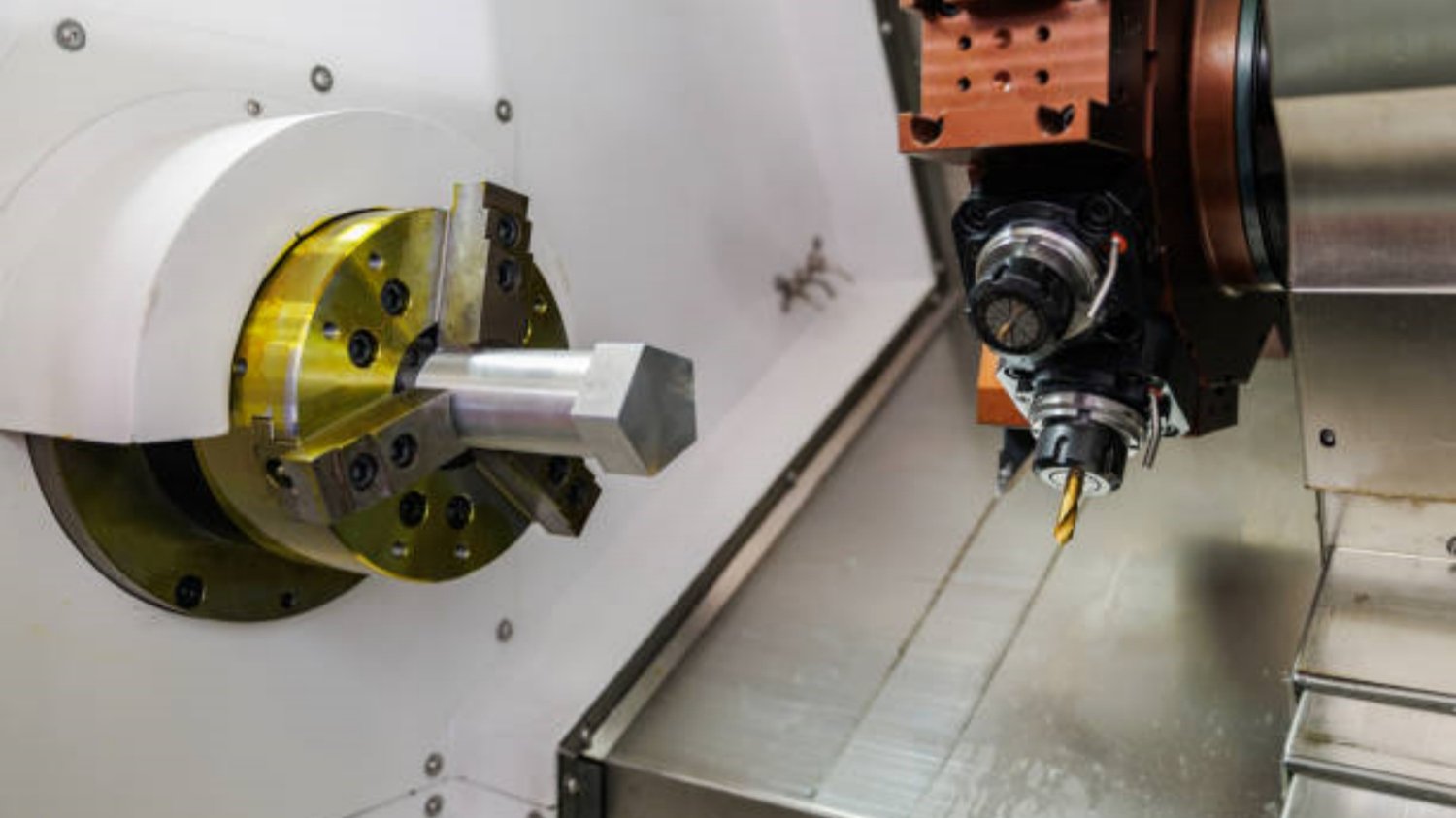Does silicone reduce vibration?? The Answer and More
Vibrations can be a nuisance in various industries and applications. Whether it's in machinery, electronics, or even everyday products, excessive vibrations can lead to performance issues, discomfort, and even damage. To combat this problem, many have turned to silicone as a potential solution. In this article, we will explore the question, "Does silicone reduce vibration?" and delve into the various aspects surrounding this topic.
The Science Behind Silicone's Vibration Dampening Properties
Before we can determine whether silicone reduces vibration, it's important to understand its underlying properties. Silicone, a synthetic material made from silicon, oxygen, carbon, and hydrogen, possesses unique characteristics that contribute to its vibration dampening capabilities.
Silicone is known for its flexibility and elasticity, allowing it to absorb and dissipate vibrations effectively. Its molecular structure enables it to undergo deformation when subjected to external forces, absorbing the energy generated by vibrations. This energy absorption helps reduce the transmission of vibrations to surrounding components or structures.
The Benefits of Using Silicone for Vibration Reduction
Silicone's ability to reduce vibrations offers several advantages in various applications. Let's explore some of the key benefits:
1. Improved Performance and Reliability
By minimizing vibrations, silicone helps improve the performance and reliability of machinery, equipment, and other products. Reduced vibrations can prevent premature wear and tear, extending the lifespan of components and enhancing overall efficiency.
2. Enhanced Comfort and Safety
In applications where vibrations can cause discomfort or even harm to individuals, such as in medical devices or consumer products, silicone can provide a more comfortable and safer experience. Its vibration dampening properties help create a smoother and quieter operation, resulting in a better user experience.
3. Noise Reduction
Vibrations often generate unwanted noise, which can be highly disruptive in various settings. Silicone's vibration dampening capabilities help reduce noise levels, making it an ideal material for applications where noise reduction is crucial, such as in automotive or industrial environments.
Applications of Silicone in Vibration Reduction
Now that we understand the benefits of silicone for vibration reduction, let's explore some specific applications where silicone is commonly used:
1. Electronic Devices
Electronics, particularly sensitive components like circuit boards and microchips, can be adversely affected by vibrations. Silicone is often used to dampen vibrations in electronic devices, protecting them from potential damage and ensuring optimal performance.
2. Automotive Industry
In the automotive industry, vibrations can be a significant concern, affecting both the vehicle's performance and passenger comfort. Silicone-based vibration dampeners are utilized in various automotive components, including engine mounts, suspension systems, and interior accessories, to minimize vibrations and enhance overall driving experience.
3. Industrial Machinery
Industrial machinery often generates substantial vibrations during operation, which can impact precision, stability, and worker safety. Silicone-based vibration dampening materials are widely employed to mitigate these vibrations, improving machinery performance and reducing the risk of equipment failure.
The Limitations of Silicone in Vibration Reduction
While silicone offers several advantages for vibration reduction, it's essential to understand its limitations:
1. Temperature Sensitivity
Silicone's vibration dampening properties can be affected by extreme temperatures. In high-temperature environments, silicone may lose its elasticity and become less effective in reducing vibrations. Similarly, in very low temperatures, silicone may stiffen and lose its flexibility.
2. Load-Bearing Capacity
Silicone's ability to absorb vibrations may vary depending on the intensity and duration of the applied force. In situations where heavy loads or excessive vibrations are present, silicone alone may not provide sufficient vibration reduction. Additional measures or materials might be necessary.
In Conclusion
So, does silicone reduce vibration? The answer is a resounding yes. With its unique properties and ability to dampen vibrations effectively, silicone has become a popular choice for vibration reduction in various industries and applications. From electronics to automotive and industrial machinery, silicone's benefits extend to improved performance, enhanced comfort, and noise reduction. However, it's important to consider the limitations of silicone, such as temperature sensitivity and load-bearing capacity, to ensure optimal vibration reduction in specific scenarios.

